At least 12 Tuareg civilians were killed by armed assailants in the Menaka region of northeastern Mali near the Niger border, sources said on Tuesday, September 25.
“Armed men on motorcycles killed at least 12 civilians,” an official told AFP, citing a resident of the town who claimed to have seen the bodies.
“Right now, we can’t say who exactly the perpetrators are. I don’t know if this is the result of tribal disputes, or a terrorist act,” the official, who asked to remain anonymous, added.
A local security source confirmed “the murder of at least 12 civilians,” adding that “sources speak of 12, another of 16 civilians.”
“Among the victims, there are many young people,” the source added.
Tuareg group the Movement for the Salvation of Azawad said in a Facebook post that “armed individuals on motorcycles executed seventeen (17) civilians from two camps belonging to the Ibogolitan community in Tinipchi (Inekar-West), more than 45km west of Menaka.”
Update September 27 Mali’s security ministry said that 27 people died in the clashes which it said were between members of the same Tuareg tribe.
“Clashes occurred in the area of Inekar, 45 kilometres (28 miles) west of the town of Menaka, between members of the Idourfane community,” the ministry said in a statement.
“This unfortunate event has unfortunately cost the lives of 27 people, and injured one.”
Troops supported by police have been deployed to the region to stabilise the situation and “find out the motive for such a violent outburst within a single community.”
Some 200 people, many of them civilians, mostly from the Fulani and Tuareg communities, have been killed in the region since the beginning of the year, including 17 civilians in Tindinbawen and Taylalene on May 1, and 43 civilians in Aklaz and Awakassa on April 27.
The recent unrest in Mali began with a 2012 Tuareg separatist uprising against the state, which was exploited by jihadists linked to al-Qaeda who took key cities in the north.
The insurgency gradually spread to the country’s center, where local grievances are sometimes exploited by radical Islamists in a region awash with guns. The groups have morphed into more nimble formations operating in rural areas, sometimes winning over local populations by providing basic services and protection from bandits.
MSA split in 2016 from Tuareg separatist group the National Movement for the Liberation of Azawad (MNLA). It is part of a coalition with the Imghad and Allies Tuareg Self-Defence Group (GATIA), which was established in August 2014 and is reportedly close to the Malian Army.
Both groups are part of the pro-government Platforme Coalition. In June 2015, Mali’s government signed a peace agreement with the Platforme Coalition and some armed groups in the separatist Coordination des Mouvements de l’Azawad (CMA) alliance, but other insurgents remain active, linked to drug, arms and people trafficking in the vast Sahel region.
MSA and GATIA aid Operation Barkhane, France’s mission with a mandate for counter-terror operations across the Sahel region, encompassing Burkina Faso, Chad, Mali, Mauritania and Niger. Its primary target is Islamic State in the Greater Sahara.
Around 4,500 French personnel are deployed to Operation Barkhane, and they work alongside the G5 Sahel joint counter-terrorism force that aims to train 5,000 troops, as well as peacekeepers deployed to the United Nations Minusma stabilization mission in Mali.
On August 26, a French airstrike in the Menaka region killed a senior Islamic State in the Greater Sahara official, a bodyguard and two civilians.
In April, clashes between French soldiers and an armed jihadist group in Menaka left three “terrorists” dead. Three French special forces personnel were also injured, local media reported.
With reporting from AFP. this post was updated on September 27 with the security ministry statement.


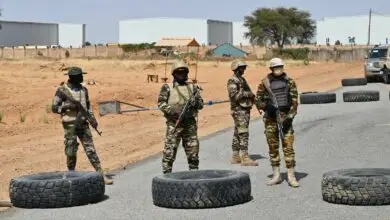
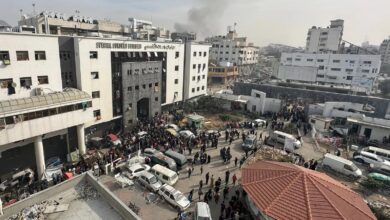

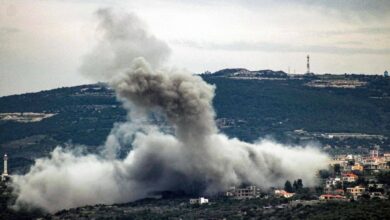
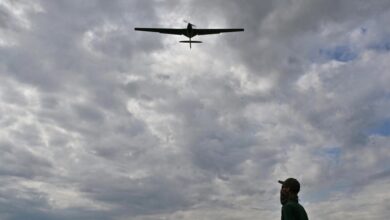
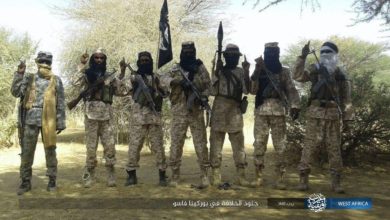
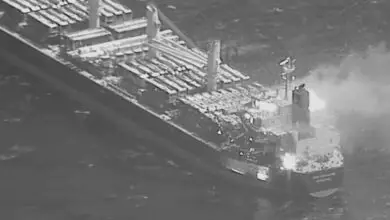
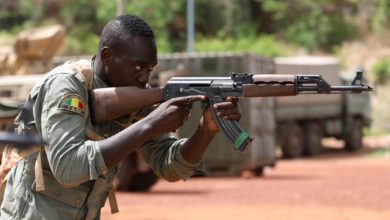
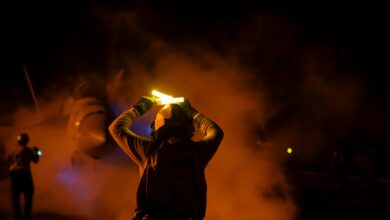

3 Comments